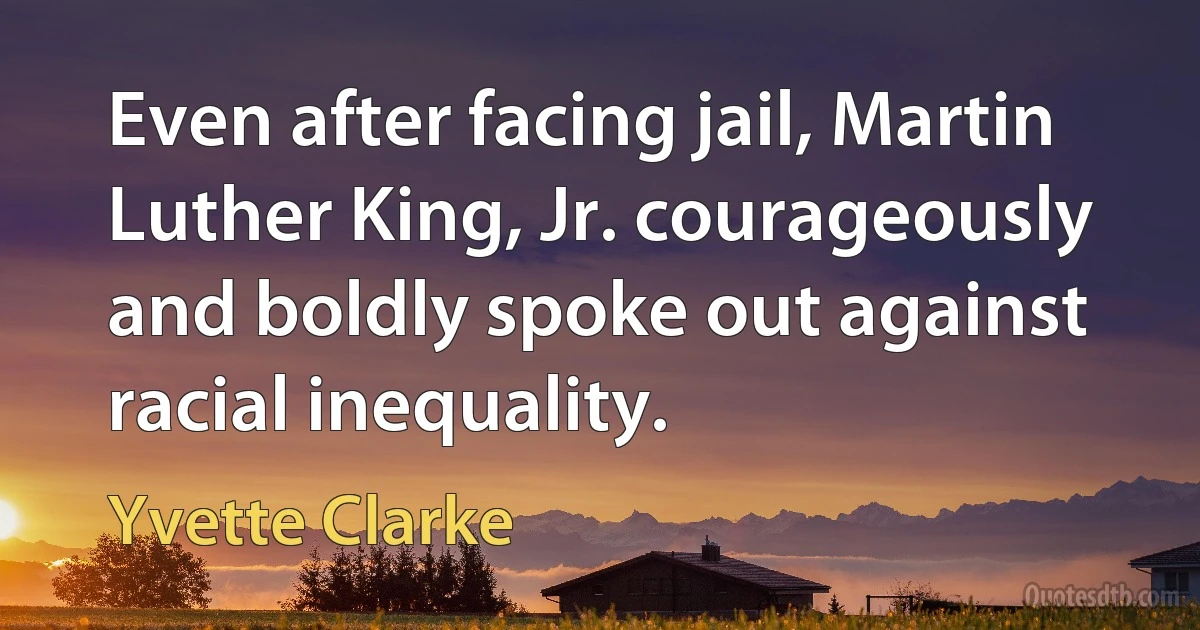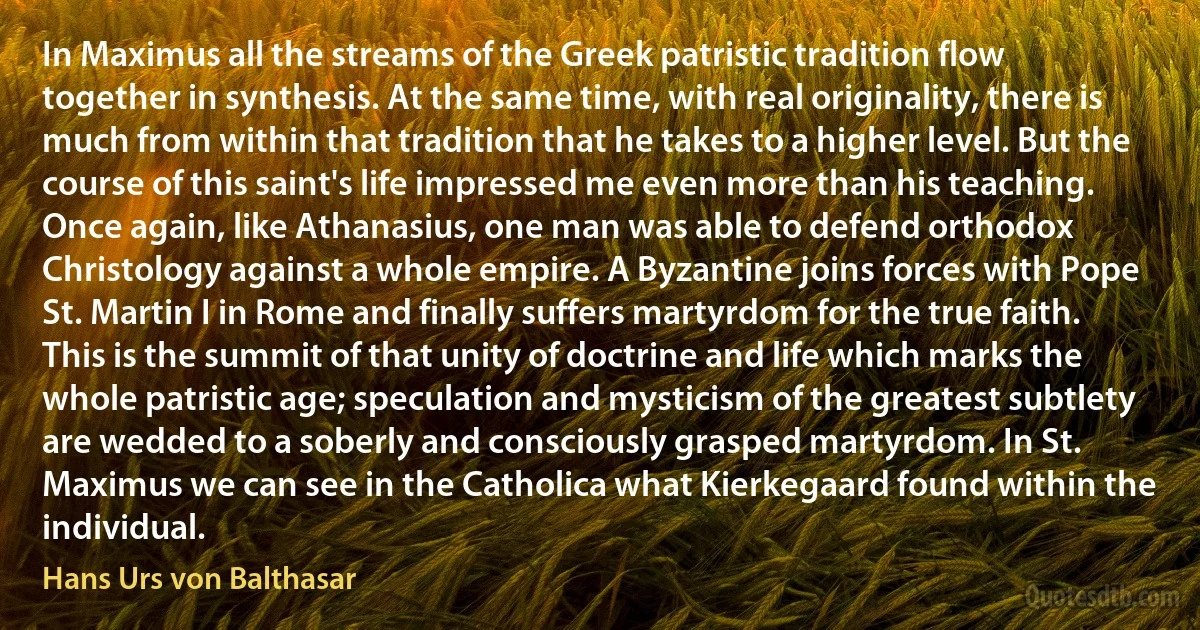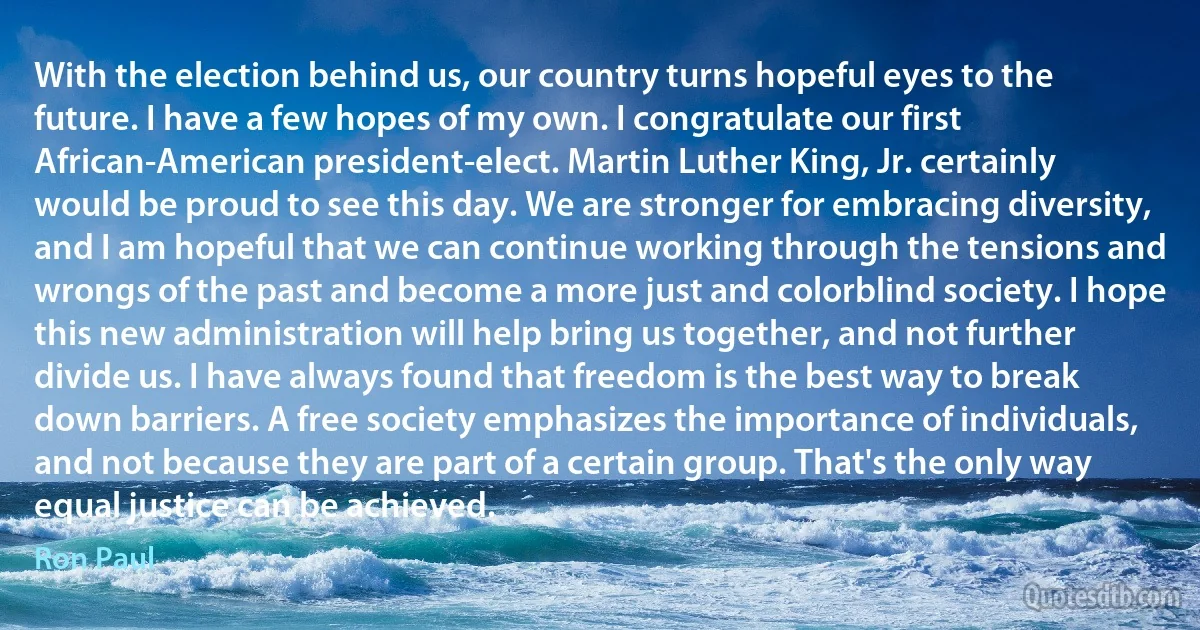Martin Quotes - page 3
I would guess that most MIT Ph. D.'s since 1980 might deem themselves not to be "Keynesians.” But they, and modern economists everywhere, do use models like those of Samuelson, Modigliani, Solow, and Tobin. Professor Martin Feldstein, my Harvard neighbor, complained at the 350th Anniversary of Harvard that Keynesians had tried to poison his sophomore mind against saving. Tobin and I on the same panel took this amiss, since both of us since 1955 had been favoring a "neoclassical synthesis,” in which full employment with an austere fiscal budget would add to capital formation in preparation for a coming demographic turnaround.

Paul Samuelson
In June, 1829, the Lord called Oliver Cowdery, Martin Harris, and myself as the three witnesses, to behold the vision of the Angel, as recorded in the fore part of the Book of Mormon, and to bear testimony to the world that the Book of Mormon is true. I was not called to bear testimony to the mission of Brother Joseph Smith any farther than his work of translating the Book of Mormon, as you can see by reading the testimony of us three witnesses.

David Whitmer
It is recorded in the American Cyclopaedia and the Encyclopaedia Britannica, that I, David Whitmer, have denied my testimony as one of the three witnesses to the divinity of the Book of Mormon; and that the other two witnesses, Oliver Cowdery and Martin Harris, denied their testimony to that Book. I will say once more to all mankind, that I have never at any time denied that testimony or any part thereof. I also testify to the world, that neither Oliver Cowdery or Martin Harris ever at an time denied their testimony. They both died reaffirming the truth of the divine authenticity of the Book of Mormon. I was present at the death bed of Oliver Cowdery, and his last words were, "Brother David, be true to your testimony to the Book of Mormon."

David Whitmer
The philosophy of nonviolence, which I learned from Dr. Martin Luther King, Jr., during my involvement in the civil rights movement was first responsible for my change in diet. I became a vegetarian in 1965. ... Under the leadership of Dr. King I became totally committed to nonviolence, and I was convinced that nonviolence meant opposition to killing in any form. I felt the commandment "Thou shalt not kill” applied to human beings not only in their dealings with each other-war, lynching, assassination, murder and the like-but in their practice of killing animals for food or sport. Animals and humans suffer and die alike. Violence causes the same pain, the same spilling of blood, the same stench of death, the same arrogant, cruel and brutal taking of life.

Dick Gregory
We've already said that it's the Holy Spirit who gives us the ultimate assurance of Christianity's truth. Therefore, the only role left for argument and evidence to play is a subsidiary role. I think Martin Luther correctly distinguished between what he called the magisterial and ministerial uses of reason. The magisterial use of reason occurs when reason stands over and above the gospel like a magistrate and judges it on the basis of argument and evidence. The ministerial use of reason occurs when reason submits to and serves the gospel... Should a conflict arise between the witness of the Holy Spirit to the fundamental truth of the Christian faith and beliefs based on argument and evidence, then it is the former which must take precedence over the latter, not vice versa.

William Lane Craig
What was once Sinclair Lewis is buried in no ground. Even in life he was fully alive only in his writing. He lives in public libraries from Maine to California, in worn copies in the bookshelves of women from small towns who, in their girlhood, imagined themselves as Carol Kennicotts, and of medical men who, as youths, were inspired by Martin Arrowsmith.

Sinclair Lewis
The irony is that Barack Obama would not even be president if it were not for the courage of persecuted dissidents such as Martin Luther King or Malcolm X, spied upon by their own government. But Obama understands where power lies. It does not lie with the citizen. It lies with Wall Street and our corporate boardrooms, which have carried out a slow motion coup d'état. And a system of mass surveillance is designed to keep these elites in these boardrooms powerful and the rest of us powerless.

Chris Hedges
... [ Franklin D. Roosevelt, Lucy Stone, Martin Luther King Jr. ]... didn't let the ugliness and the obstacles deter them. They didn't just give up and retreat to the comfortable company of like-minded folks, because they understood that this is how democracy operates. It is loud and messy, and it's not particularly warm and fuzzy.

Michelle Obama
I will have to leave for Paris as soon as you return. I did two drawings [black on paper] with pen and in little dots - a 'Little Market' and a 'St. Martin (Pig dealers)'. It would be a good thing if I could sell them to some newspaper, that would bring us a few pennies.. .I still don't know what I am going to do, for Heymann seems completely indifferent. He probably knows my position and naturally is waiting for me to reduce my prices, just as Durand did last time.. .If we could place these we could get a few cents while waiting for this terrible month of January to pass.. .These drawings matted look very well.

Camille Pissarro
Central to the Smithian approach is our willingness to see critically what we observe around us. The sense of comfort that is often associated with being content with the world as it is can seriously hamper the pursuit of justice. This understanding goes strongly against a line of thought that was powerfully presented by Friedrich Nietzshe. ‘The Christian resolve to find the world ugly and bad has made the world ugly and bad', said Nietzshe. I think I can, with some effort, understand what Nietzsche meant, but it is hard for me, even with a lot of effort, to see that Nietzshe's hypothesis helps us to understand the causation or resilience of the nastiness of the world in which we live. Nor, I must insist (this I do as a thoroughly unreligious person), does it offer any obvious insight into the lives and achievements of Martin Luther King, or Mother Theresa, or Desmond Tutu, who have tried to reduce injustice in the world and have done so with non-negligible success.

Amartya Sen
Howard Fineman: The people who don't pay their taxes on principle are heroic people, in the manner of Gandhi and Martin Luther King?
Ron Paul: I think if they're defending the constitution and they know what they're doing, and this money is supporting some real evil in the world. Preemptive war? That's pretty evil as far as I'm concerned. And so much waste in a system of government that has just overrun our liberties? Yes, I think that in many ways it's heroic for people willing to risk their freedom in order to defend what they believe is freedom.

Ron Paul
A mob of black demonstrators, led by the "Rev." Al Sharpton, occupied and closed the Statue of Liberty recently, demanding that New York be renamed Martin Luther King City 'to reclaim it for our people.'
Hmmm. I hate to agree with the Rev. Al, but maybe a name change is in order. Welfaria? Zooville? Rapetown? Dirtburg? Lazyopolis?
But Al, the Statue of Liberty? Next time, hold that demonstration at a food stamp bureau or a crack house.

Ron Paul
I was in Washington in the summer of 1963, [and] had the opportunity to participate in Dr. Martin Luther King's March on Washington, which culminated at the Lincoln memorial in his soaring 'I Have a Dream' speech. For me, this was America at its best. Hundreds of thousands of us, all religions, races, and nationalities, joined together peacefully but powerfully to petition our government to right the wrong of racial bigotry.

Joe Lieberman
My heart beats more for a rougher, more ordinary, more vulgar art that does not live in a poetic, fairy-tale dream but admits the fearful, the common, the magnificent, the ordinary, the banal grotesque in life. An art that can always be directly present to us when life is at its most real.. [ on the same day he noted:].. Martin thinks there will be a war. Russia England France against Germany. We agreed that it would be no bad thing for our rather demoralized present-day civilization if everyone's instincts and drives were to be harnessed to one cause..

Max Beckmann



